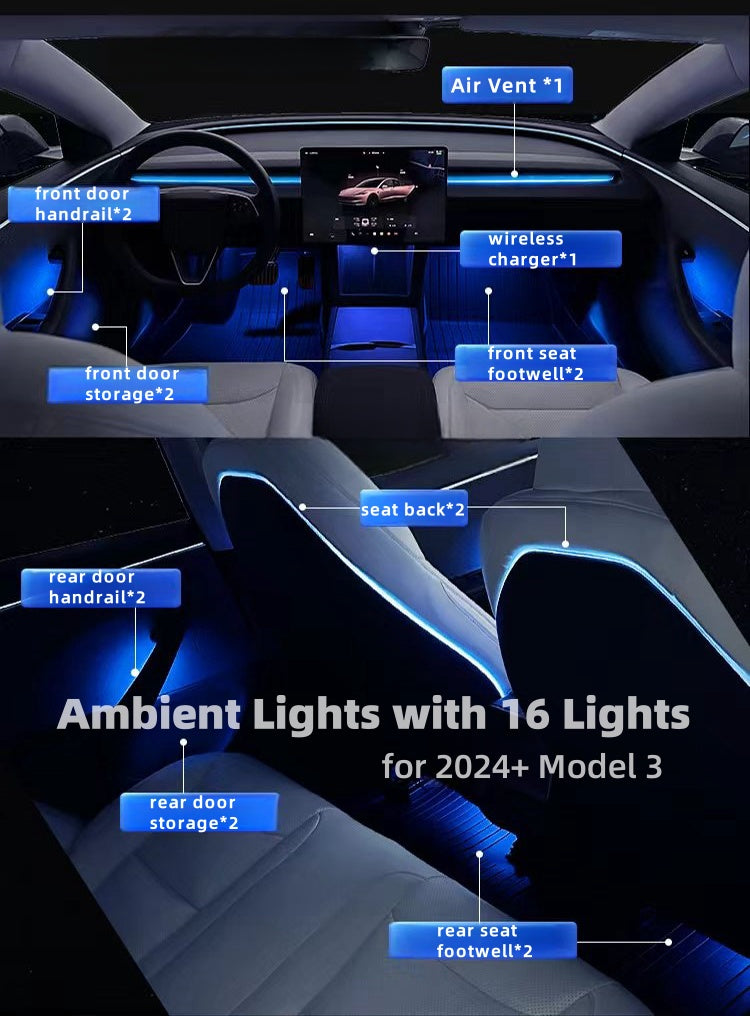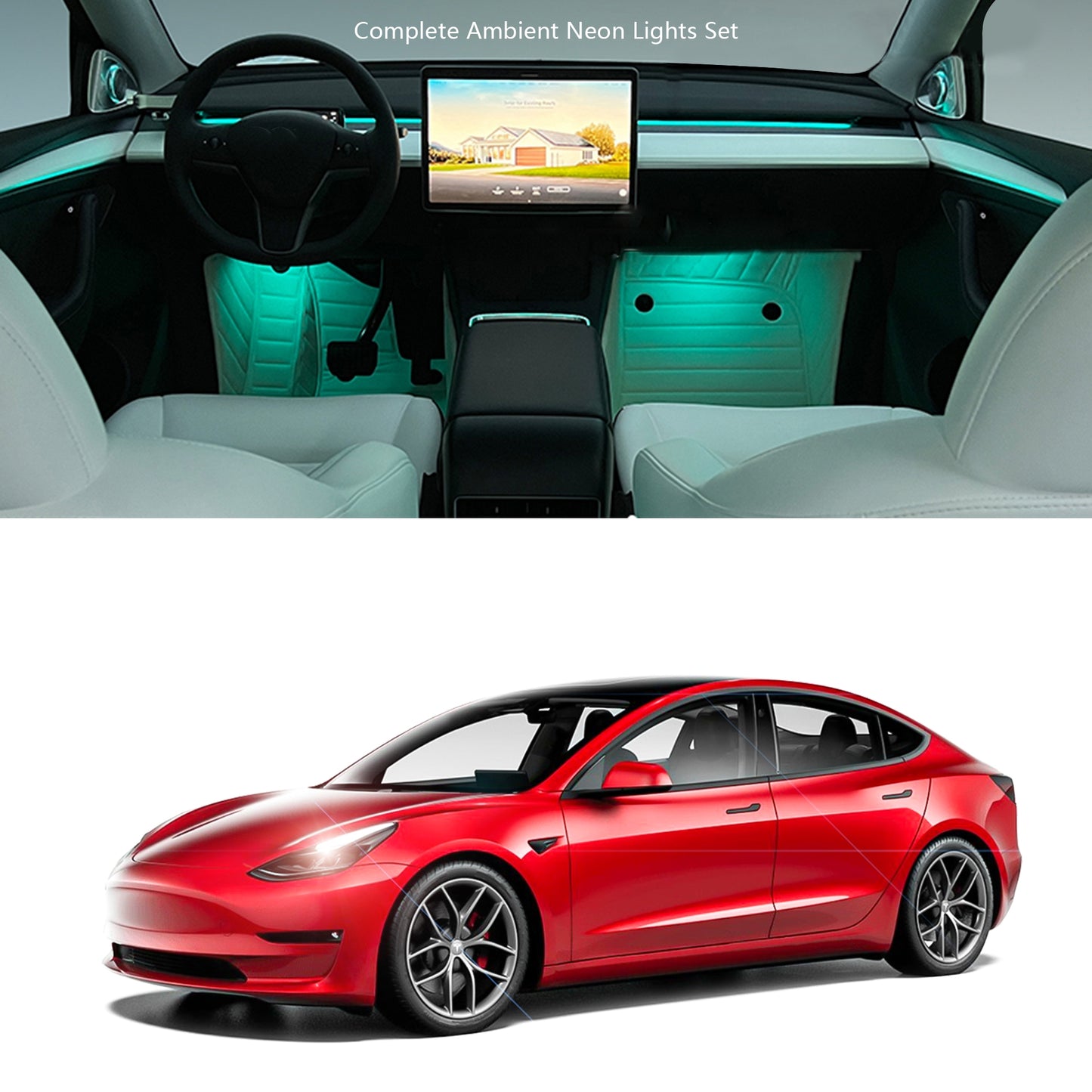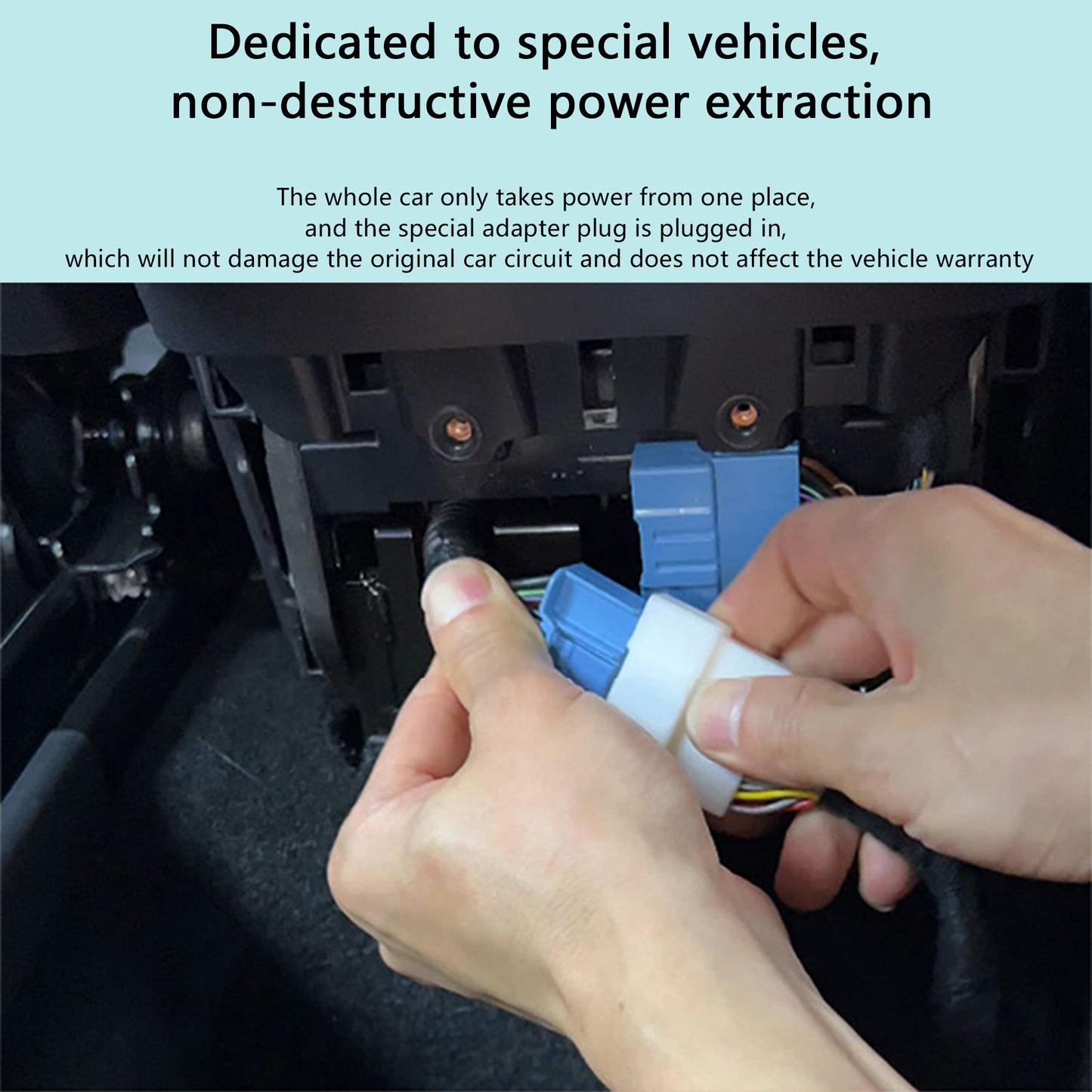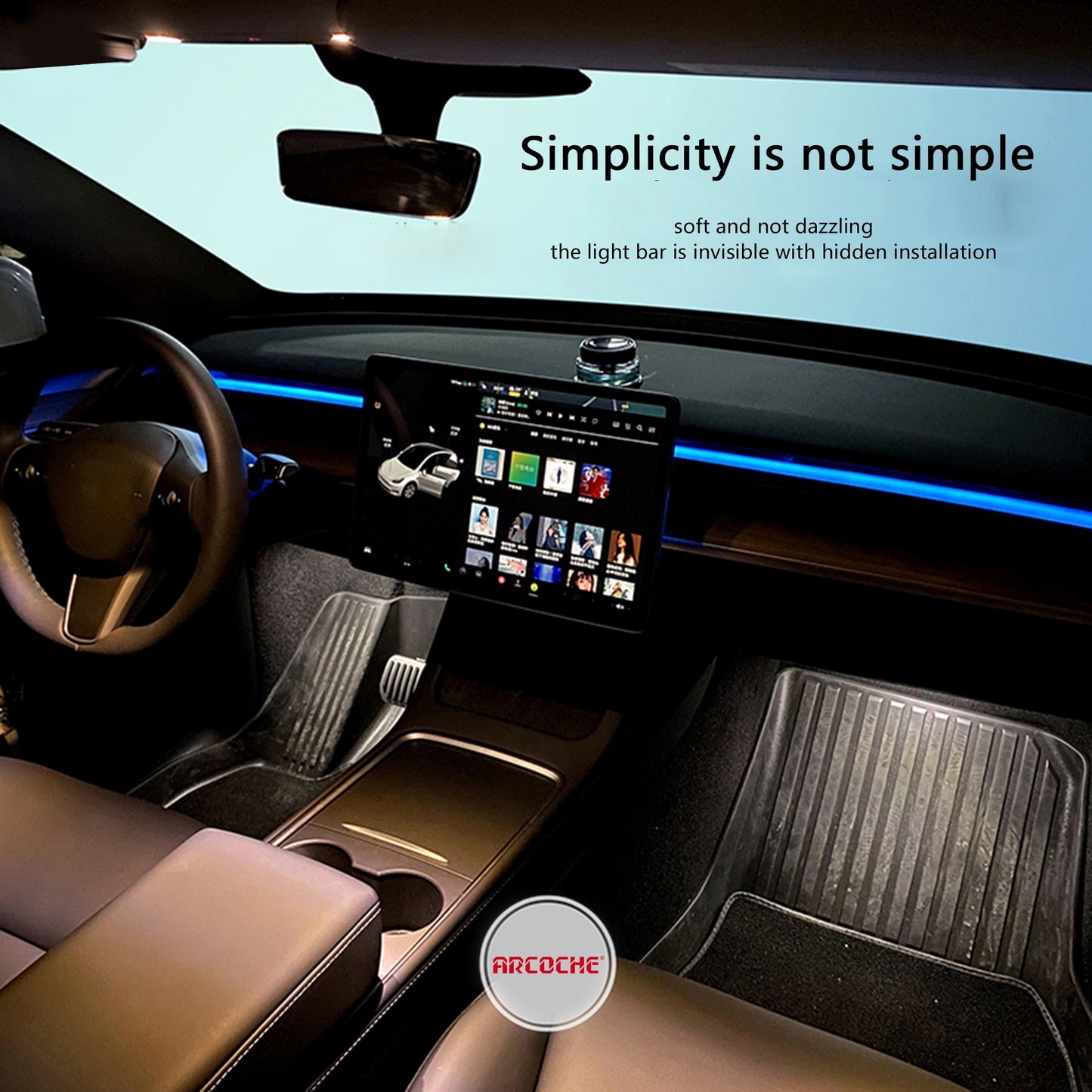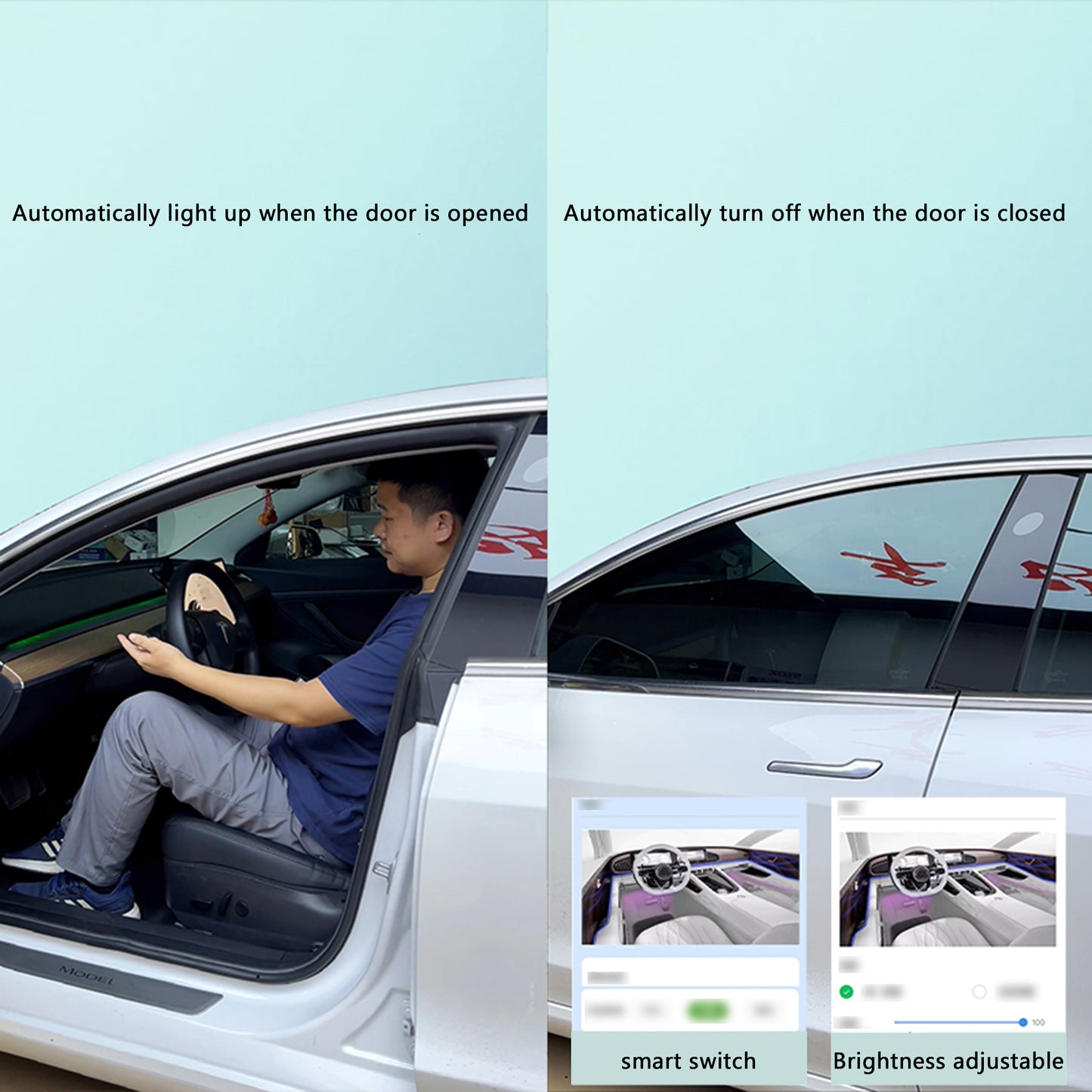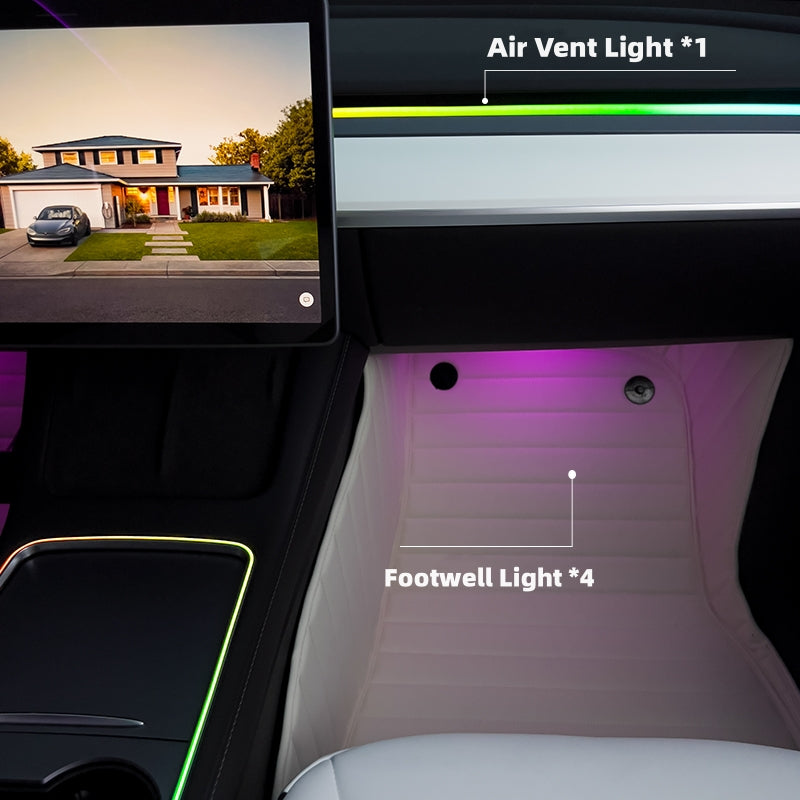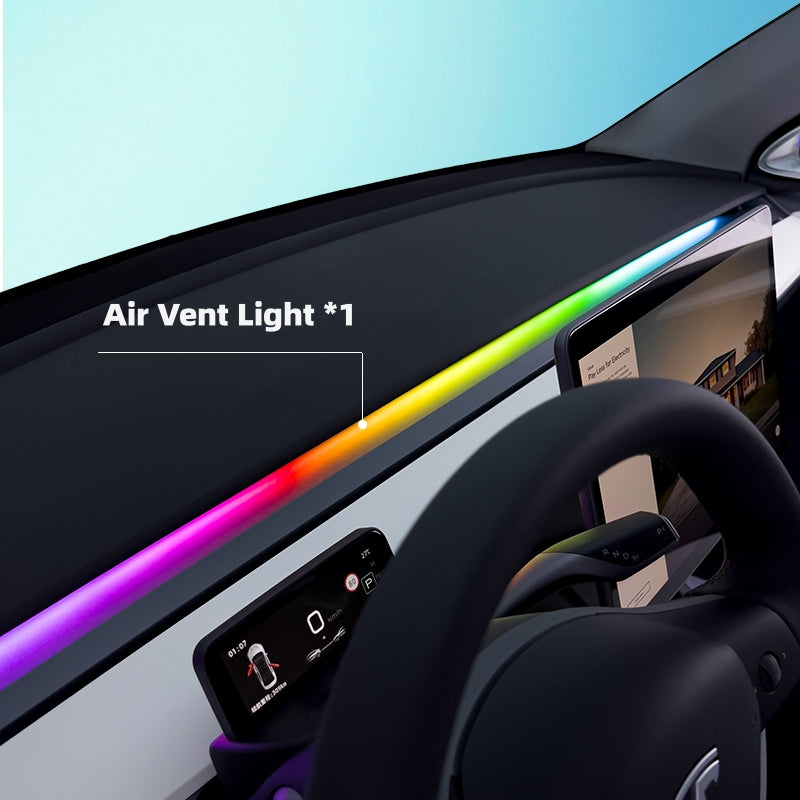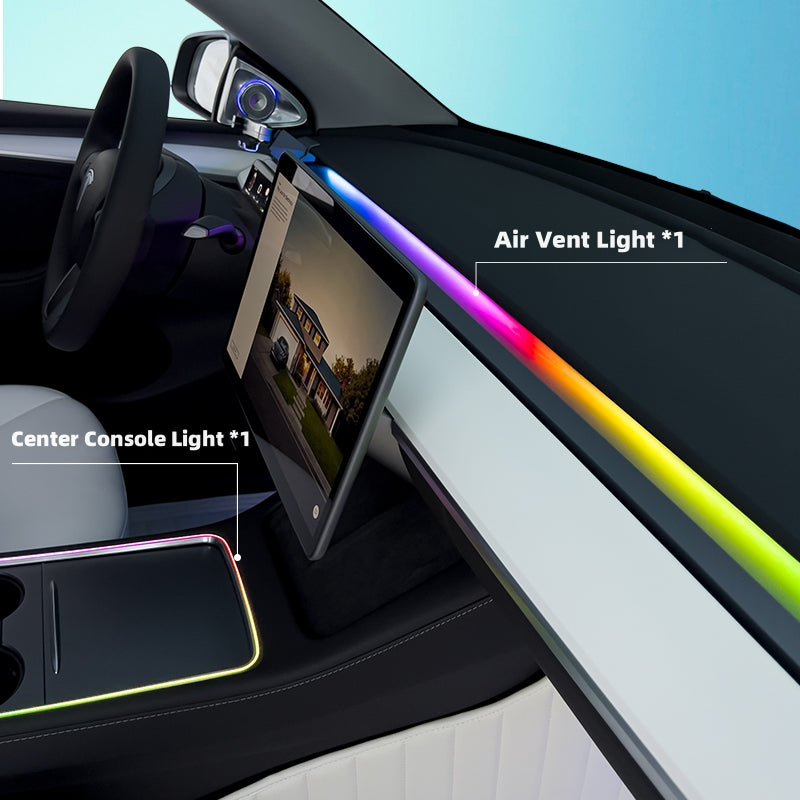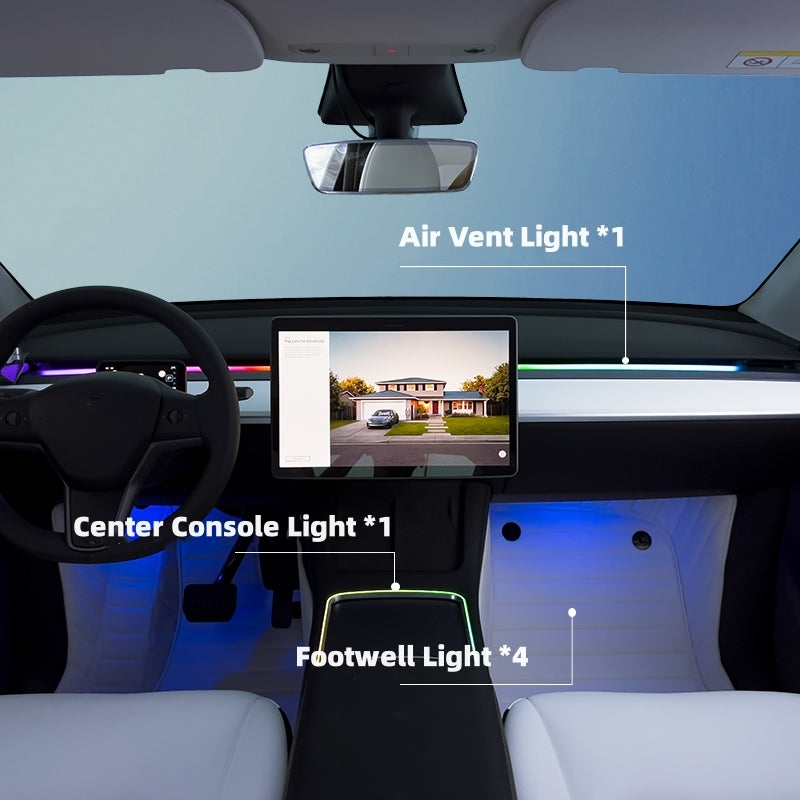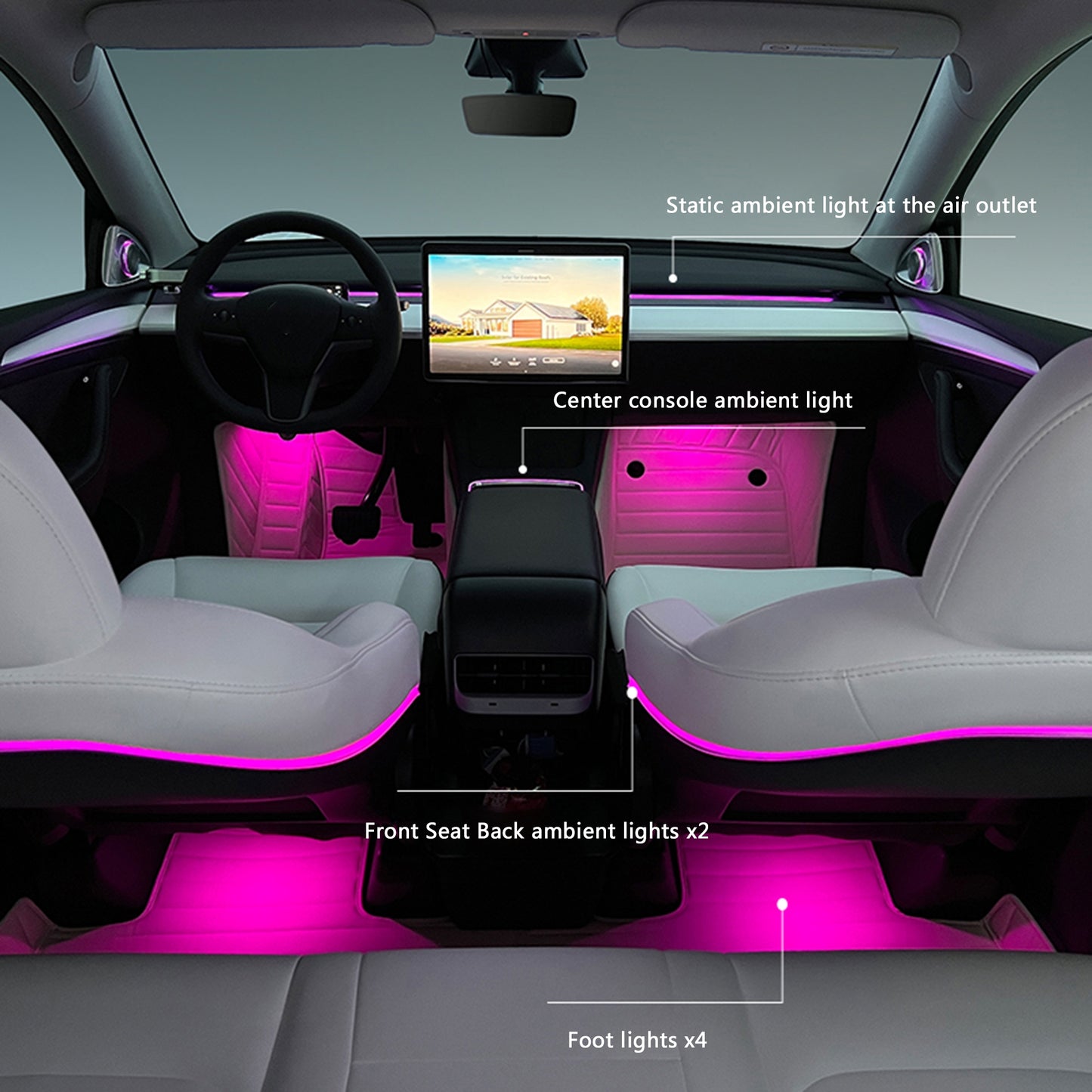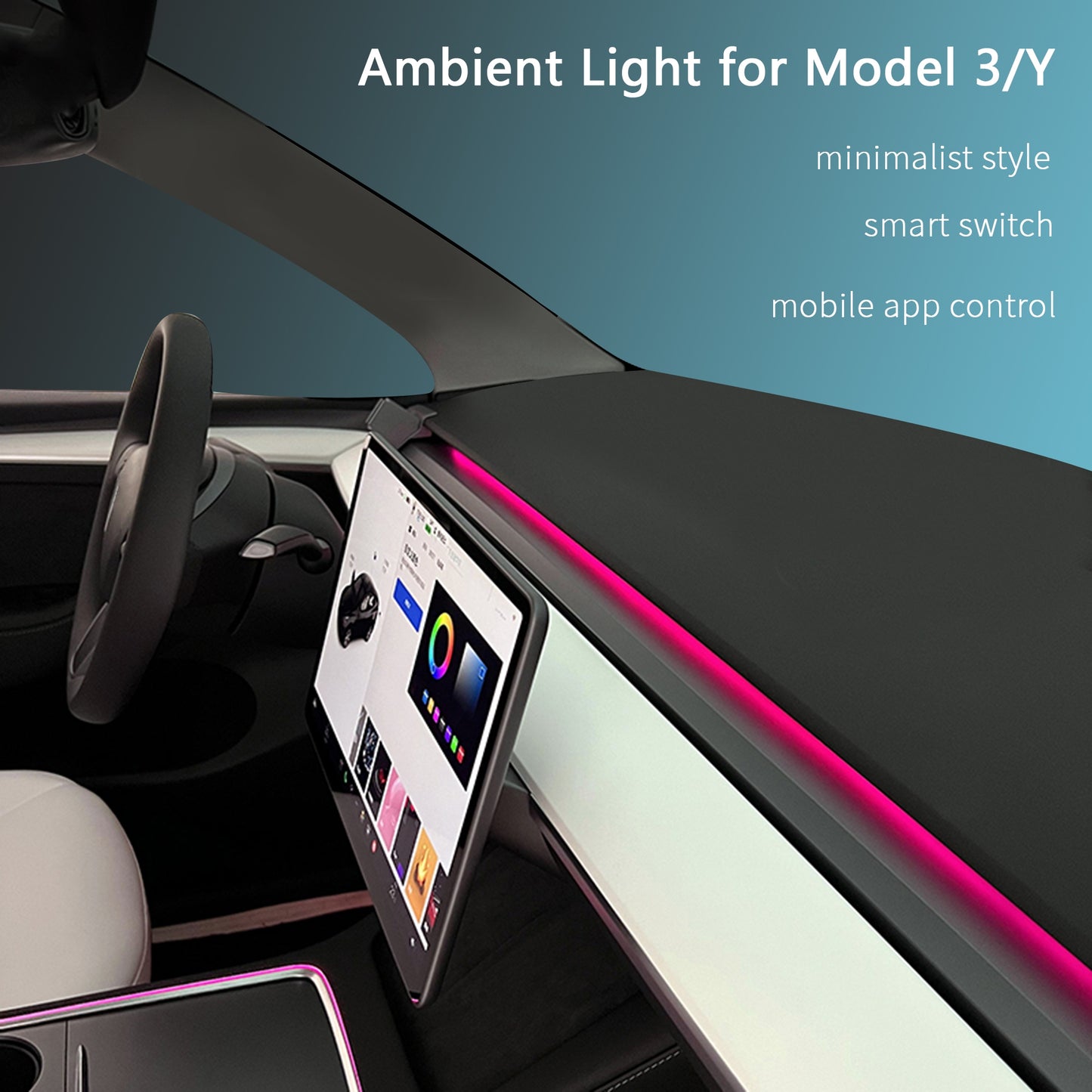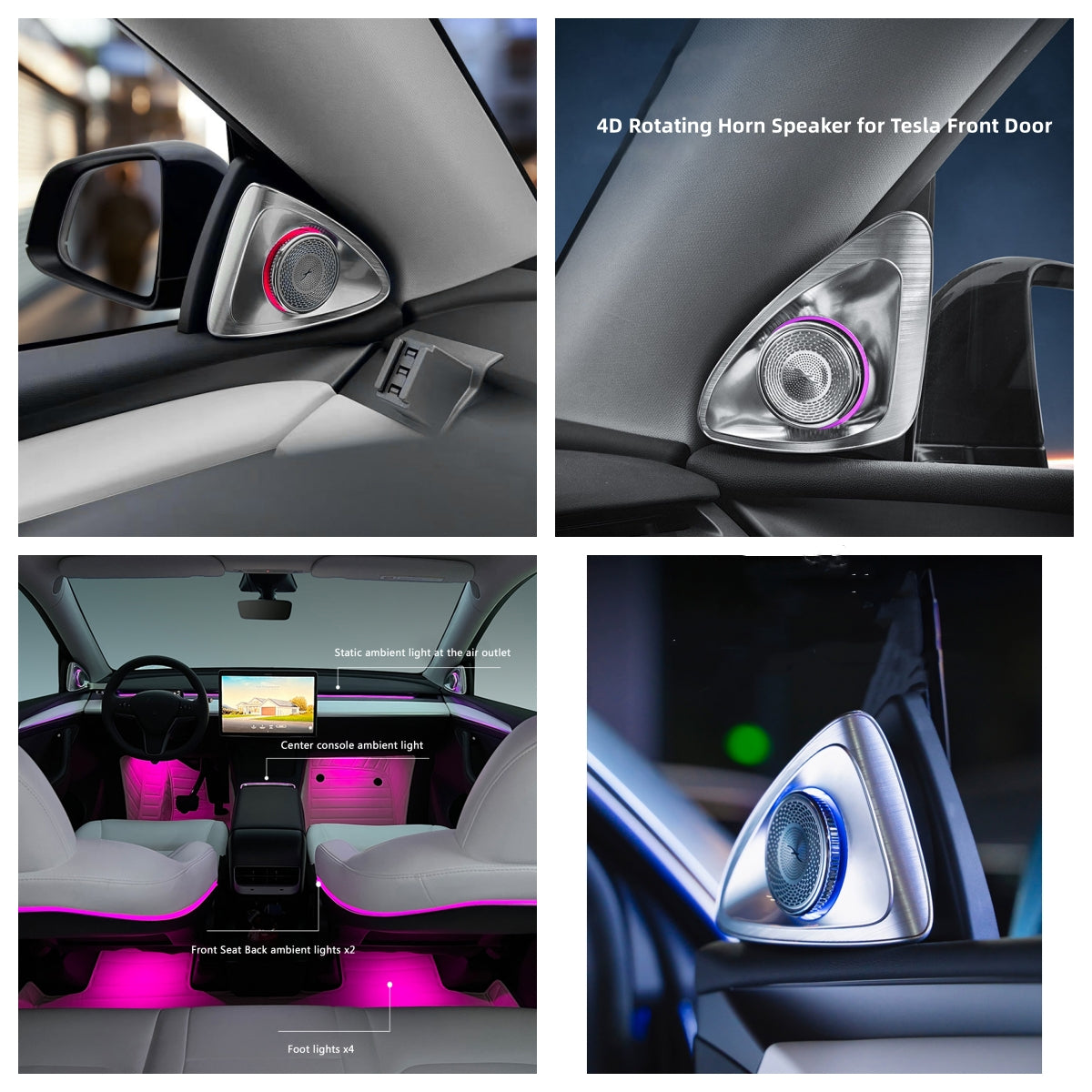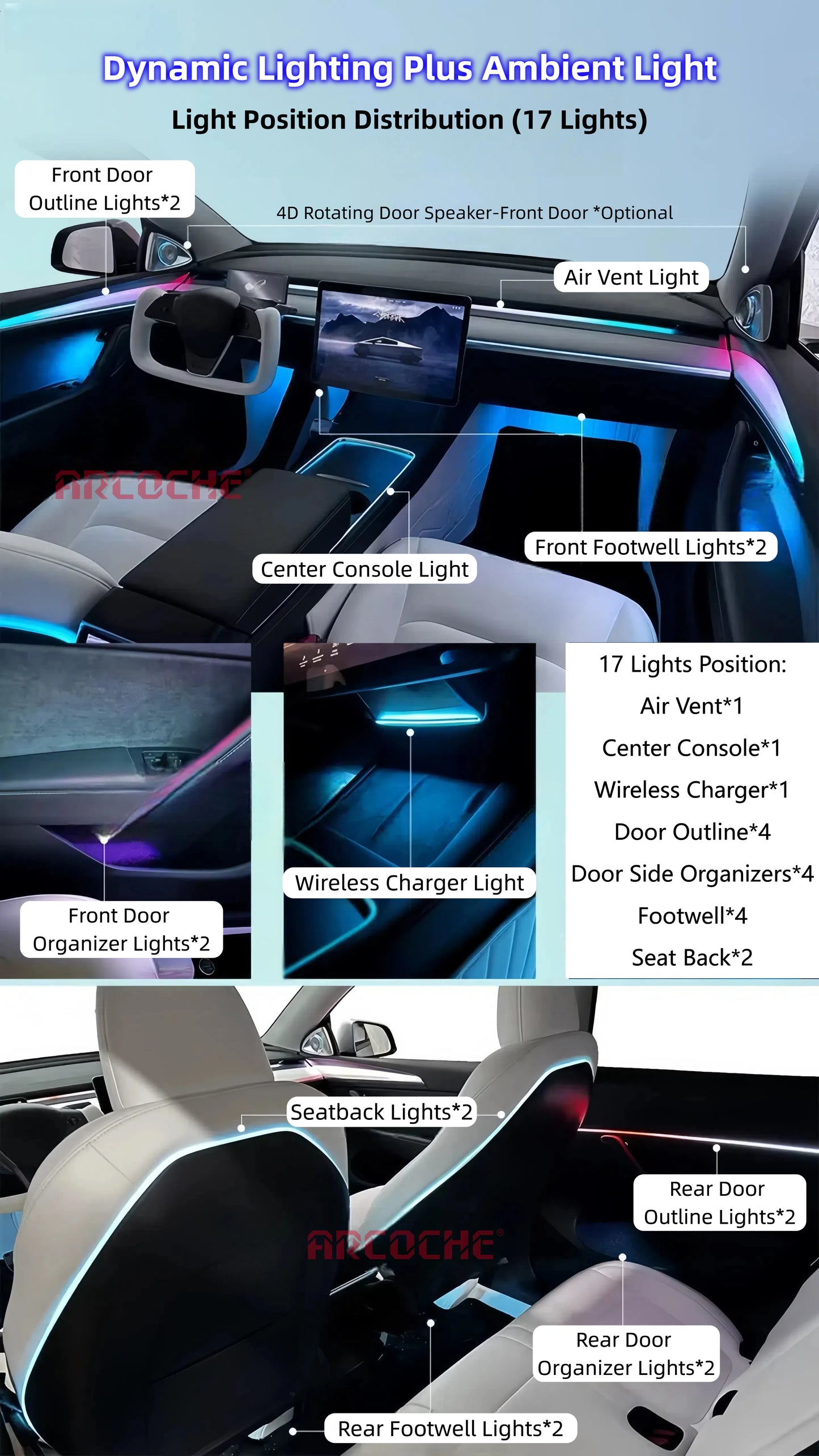
El estudiante negó la licencia debido a las características de seguridad de Tesla
Un incidente reciente compartido en Reddit arrojó luz sobre los desafíos que enfrentó una estudiante que intentó obtener su licencia de conducir usando un Tesla Model Y. El padre de la estudiante inicialmente creyó que la prueba transcurrió sin problemas, solo para encontrarse con complicaciones inesperadas después.
Conflicto en la prueba de licencia
Después del examen de manejo, el Departamento de Transporte de Arizona (AZDOT) experimentó dificultades técnicas con sus sistemas, lo que llevó a la familia a regresar al día siguiente para obtener la licencia física. Sin embargo, la situación dio un giro cuando el examinador del AZDOT asumió erróneamente que la estudiante estaba utilizando la función de conducción autónoma total (FSD) de Tesla durante su examen, lo que llevó a la denegación de su licencia. Irónicamente, el Model Y en cuestión no estaba equipado con FSD en absoluto.
Tras una conversación más a fondo con AZDOT, la familia se enteró de que la negación también se atribuía a un “uso insuficiente del pedal de freno”. Dado que los Tesla dependen principalmente del frenado regenerativo, el examinador malinterpretó el comportamiento de frenado de la estudiante como un signo de inexperiencia. Esto generó dudas sobre si podría operar un vehículo que no fuera Tesla de manera efectiva.
¿Demasiadas funciones de seguridad?
El examinador del AZDOT incluso sugirió la posibilidad de prohibir los Tesla en los exámenes de conducción, citando sus amplias características de seguridad como posibles ventajas injustas. Si bien los Tesla están diseñados para mejorar la seguridad y la facilidad de conducción, los comentarios del examinador reflejan una falta de comprensión de cómo funcionan los vehículos eléctricos (VE). De hecho, las propias directrices del AZDOT no prohíben explícitamente el uso de Tesla o vehículos con frenado regenerativo durante los exámenes de conducción.
Cabe destacar que otros vehículos híbridos, que también emplean frenado regenerativo, normalmente no se someten a este tipo de pruebas. Esta discrepancia pone de relieve el debate en curso en torno a los vehículos eléctricos y su integración en las evaluaciones de conducción tradicionales.
Un llamado a la claridad
Las implicaciones más amplias de este incidente plantean dudas sobre la idoneidad de la postura del AZDOT respecto de los vehículos eléctricos. Así como las transmisiones automáticas son ampliamente aceptadas para las pruebas de licencia, parece poco razonable denegar una licencia basándose en las capacidades de un vehículo diseñado para la conducción moderna.
Después de que la situación llamara la atención, AZDOT se comunicó con la familia para aclarar que la estudiante efectivamente recibiría su licencia de conducir. Sin embargo, indicaron que revisarían sus procedimientos de prueba a la luz del incidente.
A medida que avanzamos hacia un futuro dominado por los vehículos eléctricos, es fundamental que las agencias de pruebas se adapten a estos avances, en lugar de imponer criterios obsoletos. En última instancia, la competencia al volante debería ser el factor determinante para otorgar licencias, independientemente del tipo de vehículo.
En conclusión, si bien el incidente destaca consideraciones importantes para las pruebas de manejo en la era de los vehículos eléctricos, sirve como recordatorio de que la adaptabilidad y la comprensión son esenciales a medida que el panorama automotriz continúa evolucionando.



